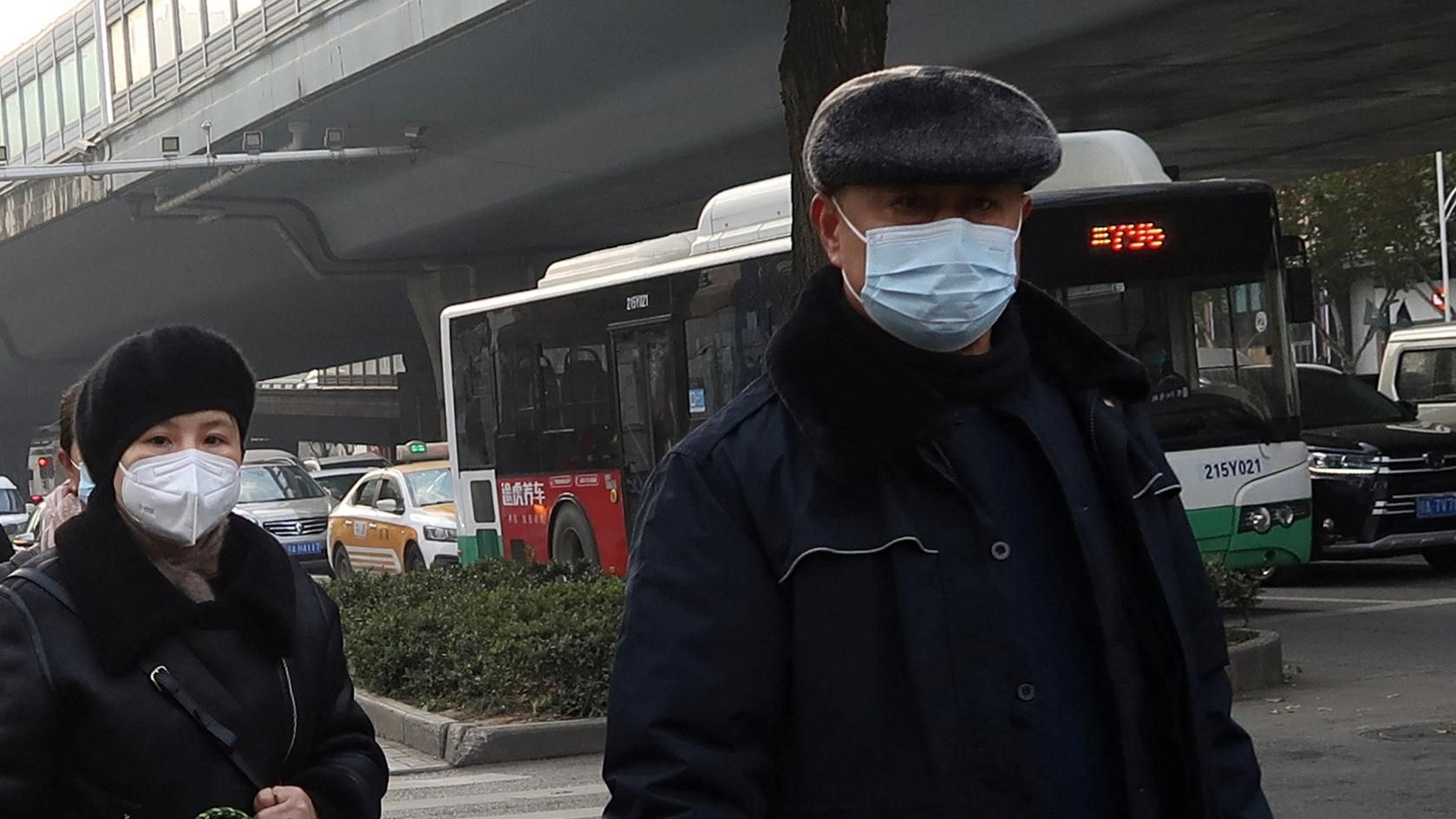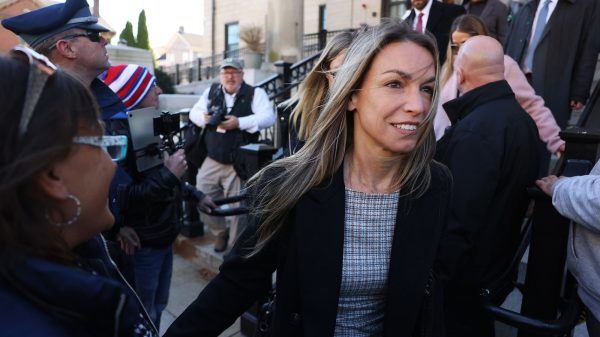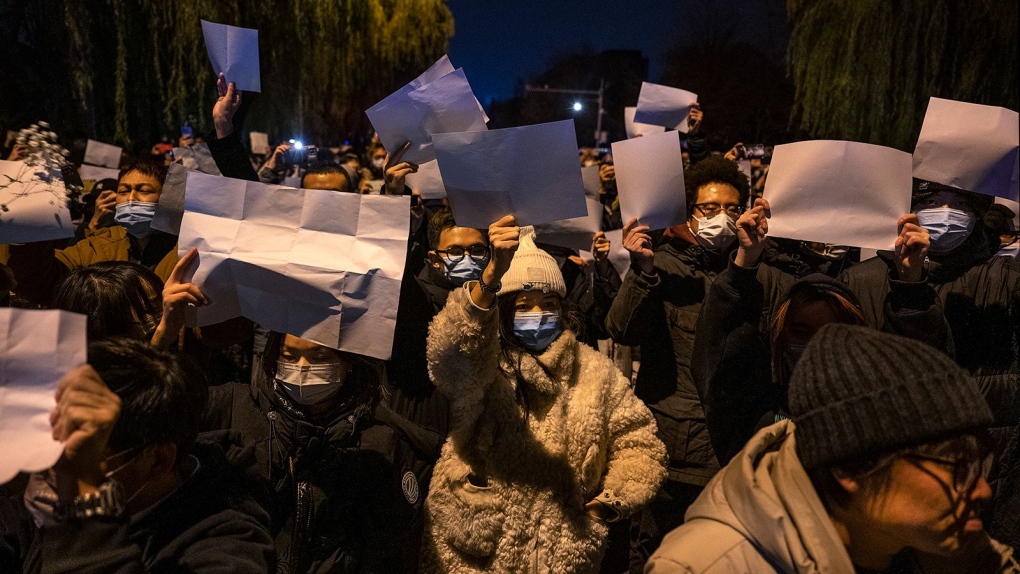A Chinese documentary filmmaker has been sentenced to more than three years in prison for documenting China’s suppression of protests against Covid lockdowns in 2023, according to reports from Chinese human rights news platforms.
Chen Pinlin, widely known by his stage name “Plato,” was initially detained on November 29, 2023, and formally arrested on January 5, 2024, by Shanghai authorities. His arrest followed the release of his documentary Urumqi Middle Road on the one-year anniversary of the White Paper Movement.
The White Paper Movement and Its Origins
The White Paper Movement, also referred to as the Blank Paper Revolution, emerged in late 2022. Protesters held blank sheets of paper as a symbol of censorship, voicing their frustration with China’s stringent “zero-Covid” policy.
The movement was ignited by public outrage over a fatal apartment fire in Urumqi, Xinjiang, in November 2022. Many blamed Covid lockdown measures for hindering escape and rescue efforts, leading to several deaths.
Pinlin’s documentary captured the essence of these protests and their aftermath. However, his work resulted in charges of “picking quarrels and provoking trouble,” a vaguely defined accusation often used by Chinese authorities to suppress dissent and maintain control.
Pinlin was held at the Baoshan Detention Centre in Shanghai under conditions described as “extremely inhumane,” according to the Chinese human rights website Weiquanwang.
Sentencing and Trial
Weiquanwang reported that Chen Pinlin was sentenced to three years and six months in prison. Citing sources familiar with the case, it was revealed that his sentencing followed a three-hour, closed-door trial. The first hearing of his case was held at the Baoshan District Court in Shanghai.

Documentary Of Chinese COVID Restrictions
The Documentary and Its Impact
Pinlin’s documentary, titled Not the Foreign Force in English, was released on platforms like YouTube and X (formerly Twitter) in late November 2023. These platforms are not accessible within China.
The film included footage captured on his mobile phone, showcasing protests against severe lockdowns. Protesters were seen chanting slogans, some of which called for President Xi Jinping’s resignation.
In releasing the documentary, Pinlin explained his motivation:
“I hope to explore why, whenever internal conflicts arise in China, foreign forces are always made the scapegoat. The answer is clear to everyone: the more the government misleads, forgets, and censors, the more we must speak up, remind others, and remember.
Only by remembering the ugliness can we strive toward the light. I also hope that China will one day embrace its own light and future.”
The Protests and Public Outcry
The White Paper Movement marked a significant act of defiance, challenging the Communist Party’s authority more directly than any protest in decades. Videos of the demonstrations went viral, spreading across Shanghai and more than a dozen other cities. Protesters held blank sheets of paper, chanted slogans, and confronted officers in public spaces.
These protests reflected widespread frustration with President Xi’s strict governance during the pandemic. The “zero-Covid” policy involved extensive lockdowns, mass testing, quarantine measures, and severe restrictions, which were often criticized for causing unnecessary deaths and accidents.
Notable incidents included a tragic bus crash in Guizhou in 2021 that killed 27 people en route to a quarantine center, far exceeding the province’s Covid-related death toll up to that point.
In another case, thousands of workers at an Apple iPhone factory in Zhengzhou clashed with riot police, protesting lockdown conditions and Covid barriers.
The tipping point came with the Urumqi apartment fire, which claimed the lives of 10 residents after the building had been under lockdown for 100 days. Officials’ comments seemingly blaming residents for failing to control the blaze further inflamed public outrage.
Legacy of the Protests
The White Paper Movement exposed deep-seated frustration with the government’s Covid policies and censorship practices. While short-lived, the protests served as a powerful reminder of the public’s capacity to challenge authoritarian control, even in one of the world’s most tightly regulated states.
Pinlin’s documentary ensured that this moment of defiance would not be forgotten, despite the heavy personal cost he now faces.
























